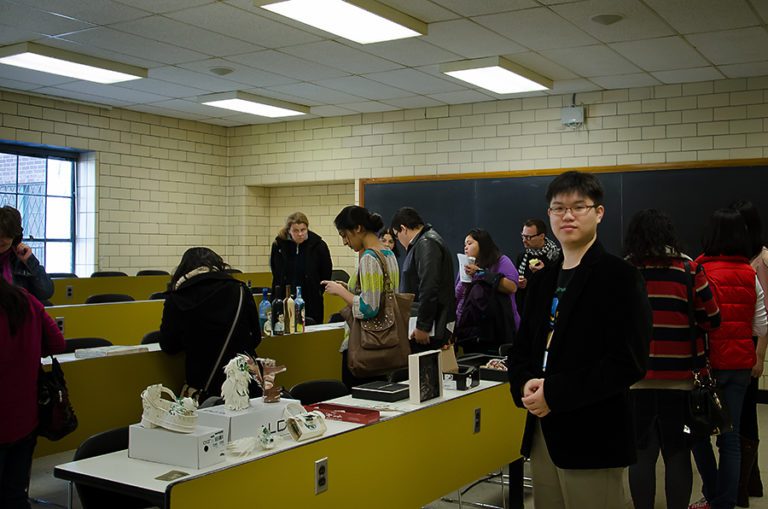Posted on May 17 2016 – 6:44pm by Sustainable Pulse
A new National Academies of Sciences, Engineering and Medicine report “Genetically Engineered Crops: Experiences and Prospects” released today recommends pre-market safety assessments of GMOs, and it cites consumers’ social and economic choices as issues that policymakers should consider when debating mandatory labeling for GMOs.
Consumers Union, the policy arm of Consumer Reports, agreed.
“When it comes to GMO labels, the NAS report points out that there are value choices that consumers want to make when they shop for food. We’re pleased to see that the report cites the wealth of polling data showing consumers want GMO labeling,” stated Michael Hansen, Ph.D., senior scientist with Consumers Union.
The NAS report notes that “mandatory labeling provides the opportunity for consumers to make their own personal risk-benefit decisions,” but says ultimately decisions in this area are matters for policymakers and the public.
Consumers Union also praised the report for recommending premarket human and environmental safety assessments for a wider range of products than are currently getting regulatory attention. The report found that genetic engineering already employed in food crops, new “gene editing” techniques such as “CRISPR”, and older techniques such as mutagenesis, create similar changes in plant DNA and their safety should be assessed.
“We need FDA, USDA and EPA to step up and look carefully at all these gene altering techniques,” said Hansen.
The NAS report endorses government oversight, stating, “Not having government regulation of GE crops would be problematic for safety, trade, and other reasons and would erode public trust.”
The report also found there was no evidence that GMO crops have improved yields. The report found “no significant change in the rate at which crop yields increase could be discerned from the data.”
Hansen concluded, “Despite industry claims, these crops are clearly not the answer to world hunger. It’s equally clear that consumers deserve an informed choice about the products in the marketplace.”






